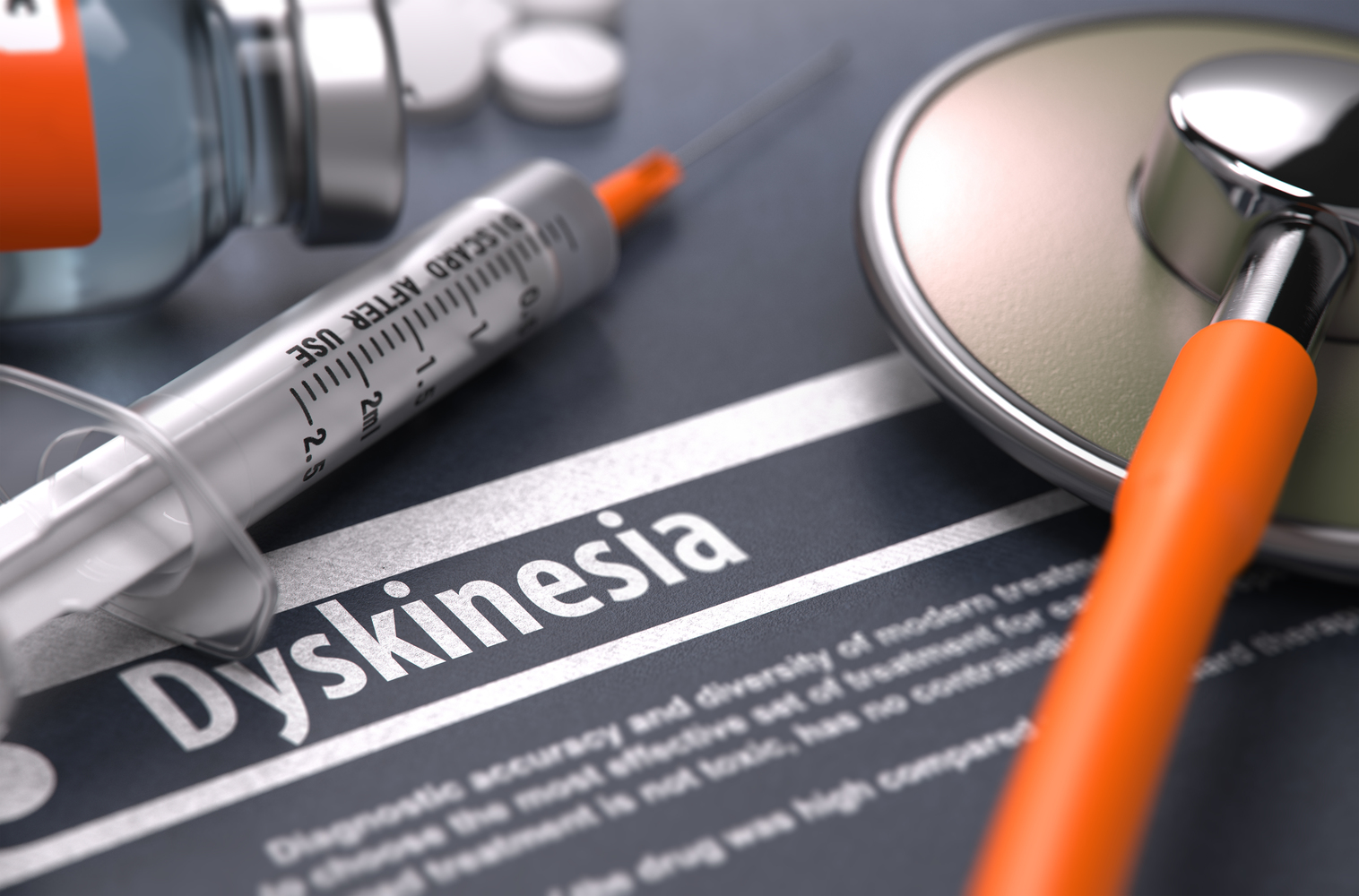
4 Lifestyle Tips to Manage Dyskinesia
Dyskinesia is a medical condition where an individual experiences involuntary and uncontrollable movements of the arms, legs, and face. It can be twisting, twitching, wriggling, fidgeting, swaying of the body, bobbing the head, writhing, or just simple restlessness. These movements should not be confused with tics, repetitive movements of muscles, or tremors.
This condition is caused by extended use of Levodopa medication. This medication is given to treat Parkinson’s and is very effective. This medication increases dopamine levels in the brain as people suffering from Parkinson’s lack the cells that produce dopamine. The level rises when you take the medication and reduces when the effect wears off. The variation in dopamine levels leads to dyskinesia.
Various parts of the body can be affected but mostly the trunk and limbs get affected. Each person is affected differently and its severity and frequency also varies. Some may find these movements interfering with their various activities while others may have very mild and non-interfering movements. Dyskinesia affects you for mostly a huge part of the day or it may occur just before or after you take your medication. Following are some lifestyle tips for dyskinesia that one can follow:
1. Keep a diary
It is important to keep a diary where you need to keep a record of the duration of dyskinesia. This will tell you how effective your medications are and if any adjustments need to be made by the doctor. You need to include details like when you take your medication, when you have control over the symptom, when the involuntary movements occur, also write down the drinks and meals that you take, and if any meals interfere with the medication.
2. Diet
There are some foods that cause problems with the amount of medication that can be absorbed in the bloodstream. Proteins like beans, cheese, eggs, fish, and meat reduce or slow down the amount that can be absorbed. Protein is important for the body and one cannot stop eating it but the amount can be changed by eating all at one go in the day or in one meal at night. Talk with your doctor to change the diet or the medication timing. This is a very important lifestyle tip for dyskinesia.
3. Exercise
Do exercise like walking and swimming along with plenty of sleep. Time the activities with your other daily activities so that your mobility is good and you do not experience dyskinesia. Exercises such as swimming or walking may help. Getting plenty of sleep is important. You may find it helpful to time daily activities, such as walking and doing jobs, so that you do these when mobility is good and you do not experience dyskinesia. While experiencing severe dyskinesia try to lie down on one side in bed and keep breathing gently. Do not try to fight the movement; just relax in a safe and comfortable position.
4. Manage stress
Stress worsens dyskinesia. You need to relax. If you try to do things when you are stressed, it can make doing activities even more stressful. You can follow therapies like Tai Chi or do yoga or maybe get a massage to help you relax.



